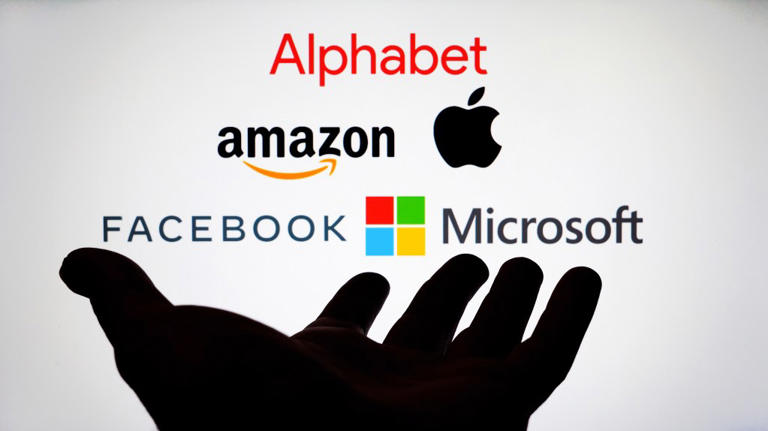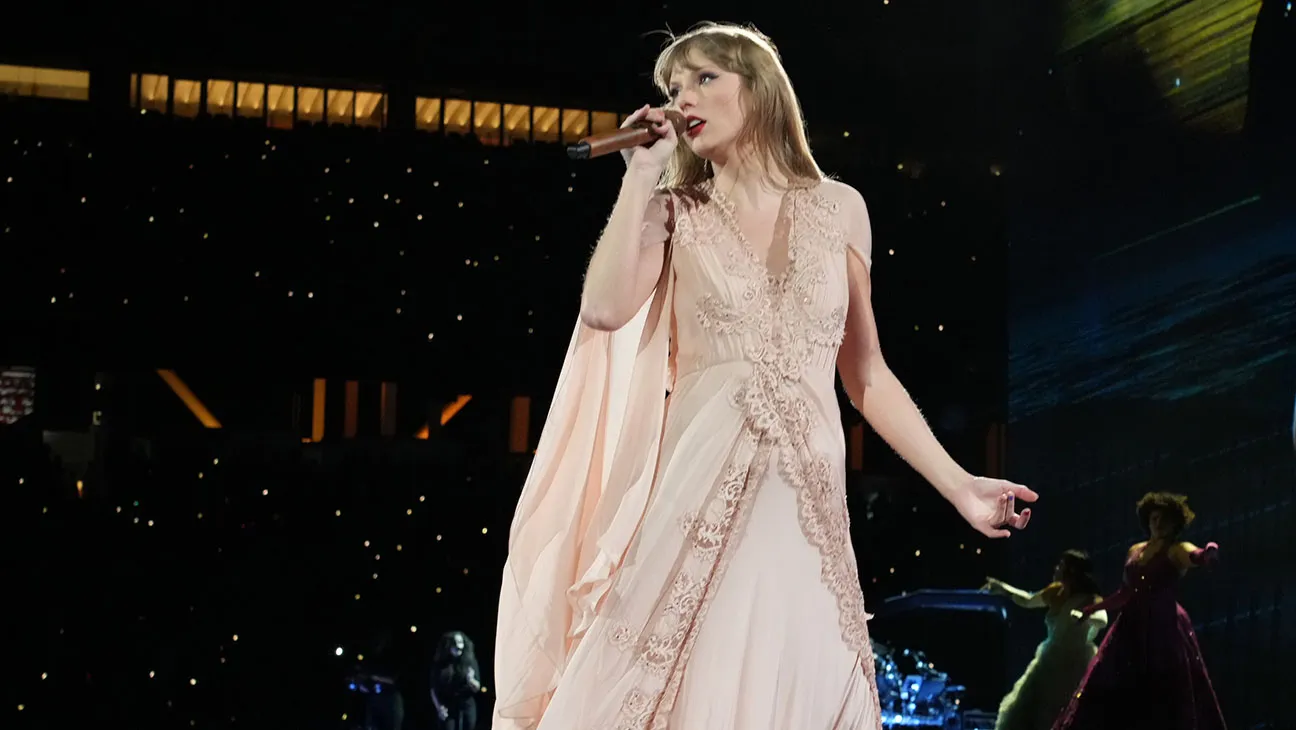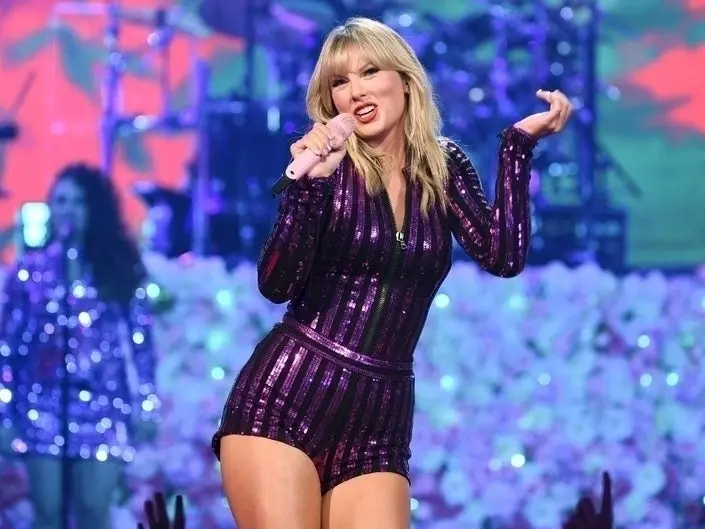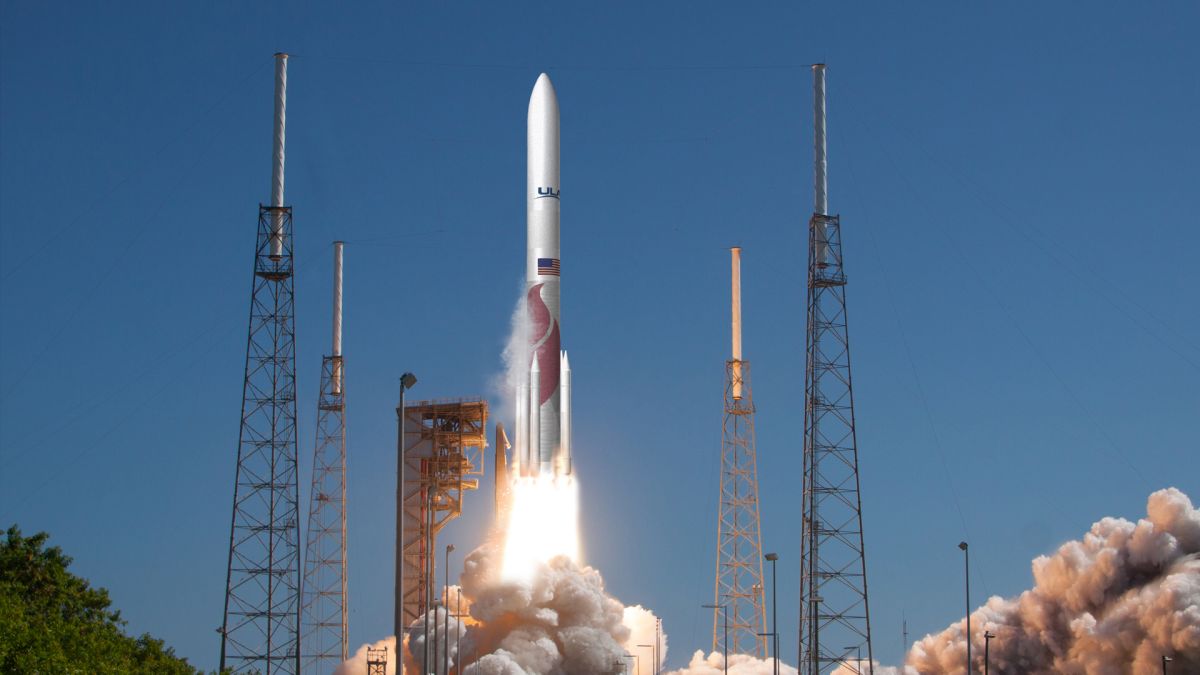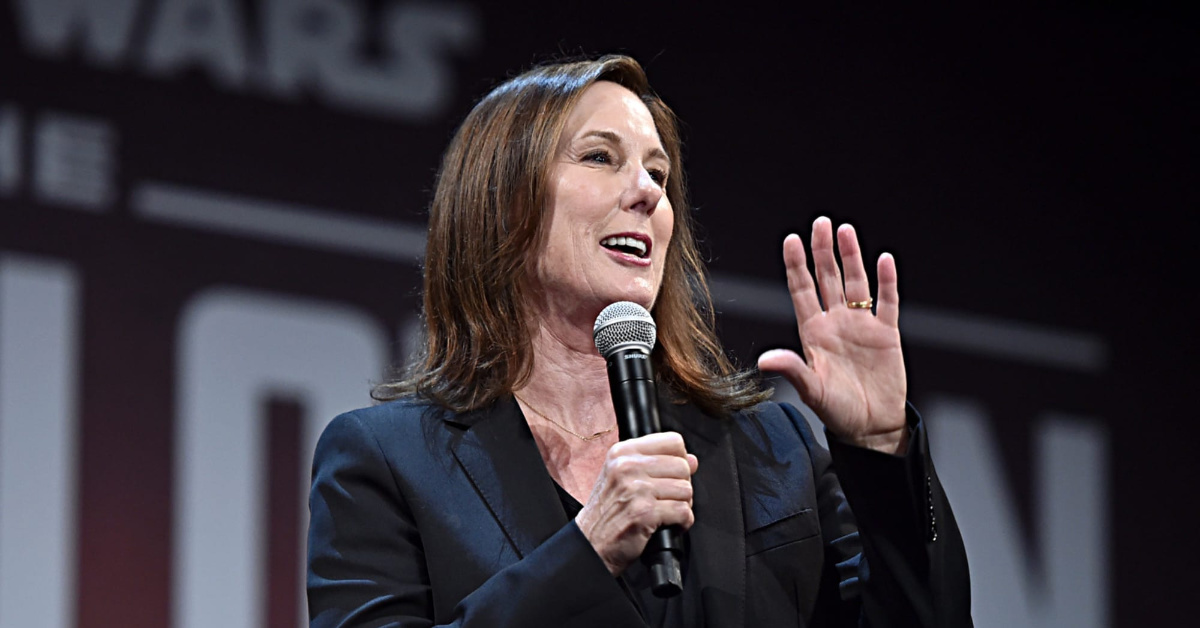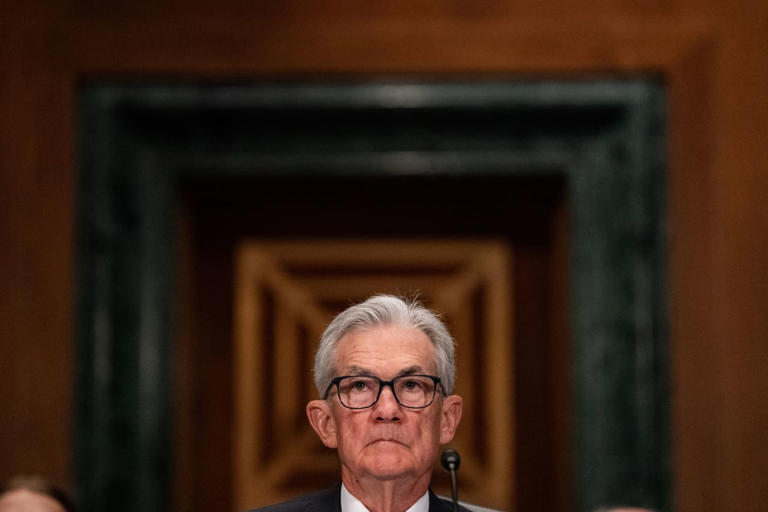The diverging trajectories of major technology and growth companies that have been driving the U.S. stock market’s ascent are shining a spotlight on their lofty valuations.
The renowned “Magnificent Seven” are currently trading at an average of 33 times their projected earnings for the next 12 months, up from 26 at the close of 2022, according to LSEG Datastream. This stands in contrast to the price-to-earnings ratio of approximately 21 for the benchmark S&P 500 index, which has climbed over 7% since the beginning of this year.
Investors were willing to pay a premium for these mega-cap stocks last year, given their strong financial positions and dominant market positions.
However, investor sentiment has shifted this year, resulting in penalties for shares of companies like Tesla and Apple when their future prospects became uncertain, while propelling remarkable gains for Nvidia.
“When you get to those kinds of valuations you have no room for failure, no room for disappointment,” remarked Mike Mullaney, director of global markets research at Boston Partners. Concerns regarding electric vehicle demand have led to nearly a 35% decline in the shares of Tesla, once a market darling, making it the worst-performing stock in the S&P 500 this year.
At the beginning of the year, Tesla’s stock was trading at around 65 times forward earnings, but it has since dropped to approximately 50.
Apple, another member of the Magnificent Seven, has relinquished its title as the largest U.S. company by market value to Microsoft after experiencing a 10% decline in its shares year-to-date, amidst challenges in its China business. The stock’s price-to-earnings ratio has decreased from 29 to 25. In contrast, chipmaker Nvidia, trading at about 35 times earnings, has surged by roughly 80% as it solidified its dominant position in artificial intelligence applications.
Optimism surrounding AI has also contributed to a nearly 40% increase in Meta Platforms’ stock. The parent company of Facebook now trades at 24 times earnings.
In comparison, the Magnificent Seven posted gains ranging from about 50% for Apple to over 230% for Nvidia last year. Due to their significant weighting in the S&P 500, the performance of these stocks accounted for over 60% of the index’s growth last year.
In 2023, the S&P 500 climbed by 24%.
Investors are now awaiting the outcome of the upcoming Federal Reserve policy meeting, scheduled to conclude on Wednesday.
A robust economy and persistent inflation have tempered investor expectations regarding the extent of rate cuts by the central bank this year, leading to an increase in Treasury yields that could exert pressure on stocks if the trend continues.
Investors are closely monitoring Nvidia’s developer conference, scheduled to commence on Monday, to assess whether the company can leverage its significant advantage in AI computing to maintain long-term dominance.
While optimism surrounding AI has propelled several members of the Magnificent Seven, investors are grappling with how to incorporate the technology’s potential into their valuation models. “We are in a unique cycle here with AI, so we are struggling to make sure we optimize the opportunity of this massive transitional shift in technology,” remarked Ken Laudan, portfolio manager for the Buffalo Large Cap Fund, which holds the seven stocks but is underweight them on a combined basis. Despite the Magnificent Seven’s robust earnings supporting their valuations, Jeffrey Buchbinder, chief equity strategist for LPL Financial, anticipates a moderation in the group’s growth trajectory later this year or early next.
“At that point, markets may not want to pay double the P/E for this group,” Buchbinder noted, citing the Magnificent Seven’s trailing P/E of 41 compared to 23 for the S&P 500.
However, many investors maintain optimism regarding the valuations of the Magnificent Seven. Five of the seven are currently trading below their five-year median P/E ratios, while the group is trading more affordably relative to the market compared to previous years, as per JPMorgan strategists. Despite this, Nvidia’s P/E has decreased from nearly 60 a year ago as analysts revise their profit forecasts for the chipmaker upwards.
“These are companies that are cranking out enormous amounts of cash, very strong balance sheets, visible sources of revenue growth,” stated Katie Nixon, chief investment officer for Northern Trust Wealth Management.
Nonetheless, Apple and Tesla’s shares have recently dipped below their 200-day moving averages. Although the remaining members of the group are above this mark, a larger portion of the Magnificent Seven falling below their trend lines could signal a “warning sign” for the market, according to Citigroup analysts.
“If the Magnificent Seven start to go down … absolutely you could reverse a lot of the recent almost euphoric sentiment,” remarked Sameer Samana, senior global market strategist at the Wells Fargo Investment Institute.

